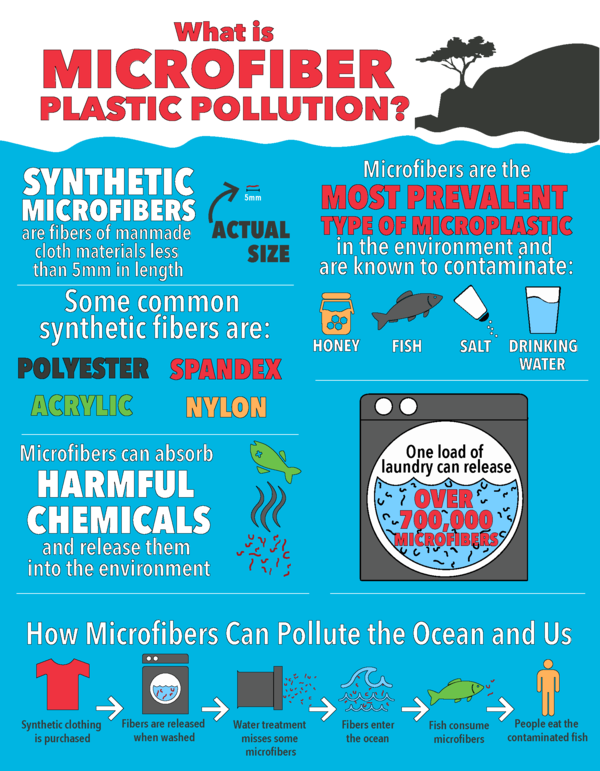
As went Rome, so goes America.

Tom's Blog on Life and Livingness

As went Rome, so goes America.


On its surface, the plan was simple: gene-hack mosquitoes so their offspring immediately die, mix them with disease-spreading bugs in the wild, and watch the population drop off. Unfortunately, that didn’t quite pan out.
https://futurism.com/the-byte/gene-hack-mosquitoes-backfiring

Cotton, wool, linen, silk, leather, fur are natural. Non-organic cotton has a large list of nasties associated with its production so go organic if you can.

Just because a drug doesn’t require a prescription, doesn’t mean it’s harmless or should be taken without careful consideration. A recent study revealed taking ibuprofen and other NSAIDs for even a short period of time can have an adverse effect on your heart health.
Quick definition: NSAIDs (ie. non-steroidal anti-inflammatory drugs) are used for pain relief, reducing inflammation, bringing down fevers and preventing blood clotting. (1) Common NSAIDS are:
ibuprofen (Advil, Motrin)
naproxen (Aleve, Naprosyn)
aspirin
nabumetone (Relafen)
COX-2 inhibitors (Celebrex)
“Children who had received antibiotics in the first 6 months of life had significantly lower overall cognitive and verbal comprehension abilities, increased risk of problems with metacognition, executive function, impulsivity, hyperactivity, attention-deficit hyperactivity disorder, anxiety and emotional problems.”

I recently found my wife’s logo on the back of an interstate car.

The misleading (or completely false) story line goes:
Big, destructive hurricanes are hitting the U.S. three times more frequently than they did a century ago, according to a new study. Experts generally measure a hurricane’s destruction by adding up how much damage it did to people and cities. That can overlook storms that are powerful, but that hit only sparsely populated areas. A Danish research team came up with a new measurement that looked at just how big and strong the hurricane was, not how much money it cost. They call it Area of Total Destruction.
But extreme weather expert Dr. Roger Pielke Jr. has some problems with the study.